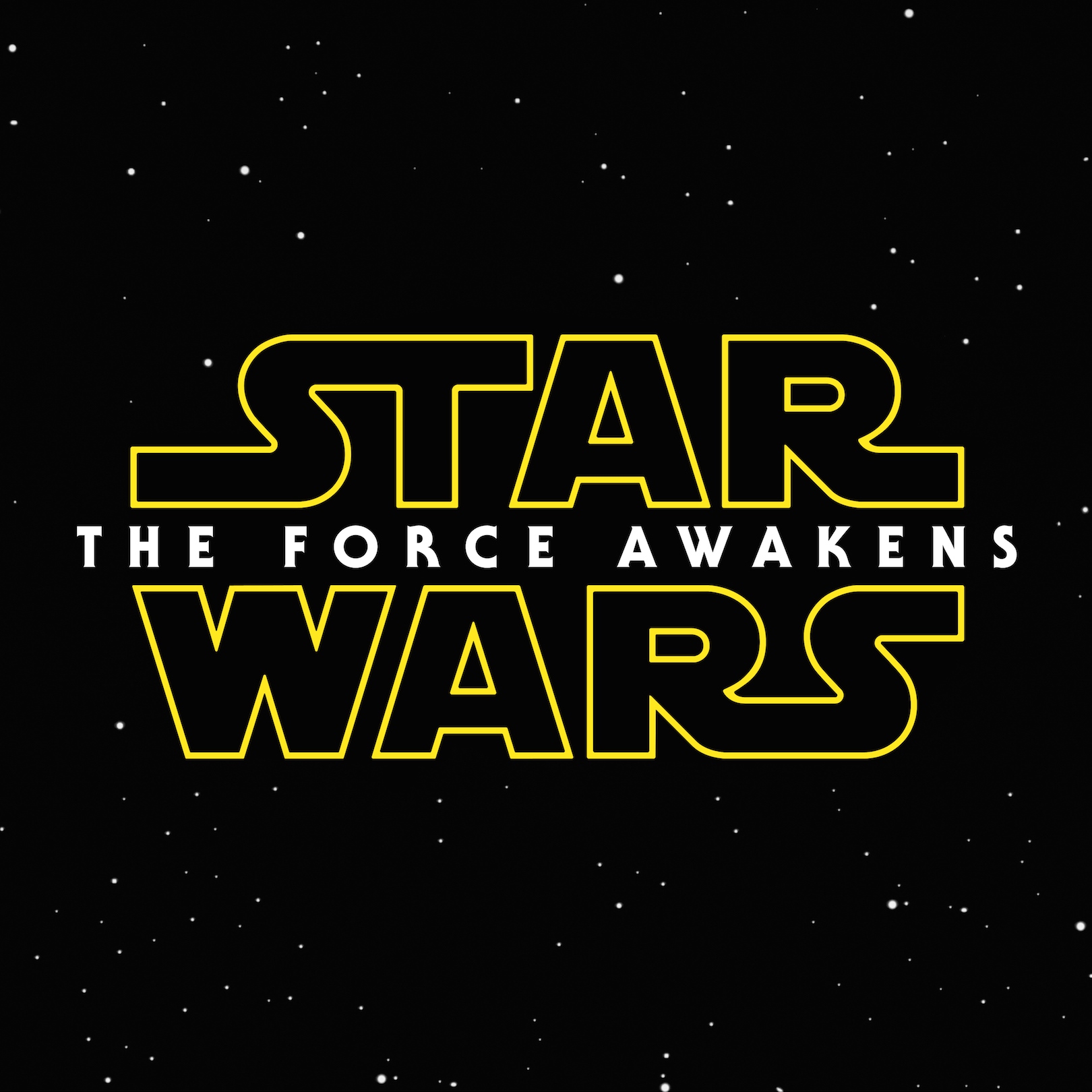
It is finally here: “Star Wars: The Force Awakens” has hit the big screen. Walt Disney Co. (NYSE: DIS) bought the Star Wars franchise from George Lucas for some $4 billion, and it is without a doubt the best steal ever in media mergers as, Disney is the one company that could milk Star Wars for the biggest dollars and cents out of any other company in the world.
Now we have a fresh report from Moody’s Investors Service saying that Disney’s release of “Star Wars: The Force Awakens” is credit positive. That may not be a credit rating upgrade by any stretch, but we simply do not recall seeing a movie release justify a corporate credit rating positive note from one of the top credit ratings agencies in years.
Moody’s believes that the Star Wars release positively affects the company’s credit, with the film expected to be a box-office mega hit like no other. Moody’s also noted that this should demonstrate that the 2012 acquisition will be highly lucrative.
Again, it is not a credit rating upgrade. Moody’s said on Friday:
Moody’s does not anticipate that Disney’s A2 senior unsecured debt rating, Prime-1 short term debt rating and stable outlook will be directly affected by the expected success of the Star Wars release, as we believe the company will sustain a constant leverage range between 1.5 and 2.0x (including Moody’s standard adjustments)… We expect the Star Wars IP to generate significant cash flows for Disney, but we do not anticipate any material de-leveraging as cash and additional financial flexibility will likely be utilized via distributions to shareholders.
However, the Star Wars franchise is uniquely multi-beneficial to Disney and clearly the evergreen intellectual property further diversifies and strengthens the company’s foundation alongside its most important franchises, such as its traditional characters like Mickey Mouse, its new characters like those in Frozen, its Marvel characters franchise and its Pixar CG animation franchise.
Moody’s went on to note that Disney has had a successful history of profiting from its purchases, like Pixar and Marvel. The ratings agency also expects Star Wars to break both opening weekend and total domestic and international gross box office records.
For a comparison:
- “Jurassic World” currently holds the top spot for highest grossing U.S. opening weekend at $209 million.
- “Avatar” is the highest grossing picture in terms of total U.S. box office sales with $761 million.
Another positive here is that the record-breaking is expected to be achieved with a marketing budget significantly smaller than big-budget movies typically employ. The company had favorable reviews, extremely strong word of mouth, pre-licensing to other advertisers and unprecedented franchise awareness.
Moody’s believes that the benefits of the movie release go beyond Disney’s film business. Licensing and consumer products gross revenue estimates for retailers rival the gross box office, at approximately $1 billion of sales related to Star Wars merchandise, showcasing the high demand for all things Star Wars this holiday season. In short, the success of the Star Wars franchise provides Disney with revenue growth opportunities for the foreseeable future as the park additions open and a steady diet of Lucasfilm IP land on both big and little screens.
Disney shares were last seen down 3% at $108.34 on Friday. A firm named BTIG downgraded Disney shares based on ESPN and overpaying for sports. That being said, a “sell the news” reaction to the Star Wars hype is probably not that surprising to many investors who have seen big, known events and stock actions up to, during and after a key event.
Disney’s shares have a $119.25 consensus analyst price target and a 52-week trading range of $90.00 to $122.08.
Keep in mind that Disney shares were projected to reap $30 billion from its $4 billion Star Wars acquisition at the time the deal was announced. That was the trailing value of the franchise — and it was not adjusted for inflation and new pricing in today’s dollars, versus dollars from the 1970s, 1980s, 1990s and the first decade.
Now you know why Disney remains a top stock to own for the next decade.
In 20 Years, I Haven’t Seen A Cash Back Card This Good
After two decades of reviewing financial products I haven’t seen anything like this. Credit card companies are at war, handing out free rewards and benefits to win the best customers.
A good cash back card can be worth thousands of dollars a year in free money, not to mention other perks like travel, insurance, and access to fancy lounges.
Our top pick today pays up to 5% cash back, a $200 bonus on top, and $0 annual fee. Click here to apply before they stop offering rewards this generous.
Flywheel Publishing has partnered with CardRatings for our coverage of credit card products. Flywheel Publishing and CardRatings may receive a commission from card issuers.
Thank you for reading! Have some feedback for us?
Contact the 24/7 Wall St. editorial team.
 24/7 Wall St.
24/7 Wall St.



